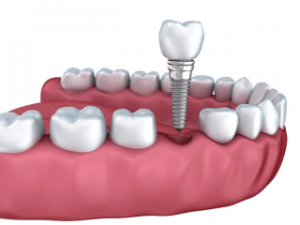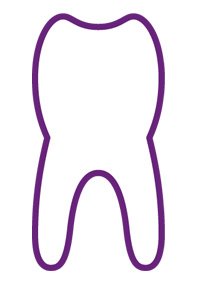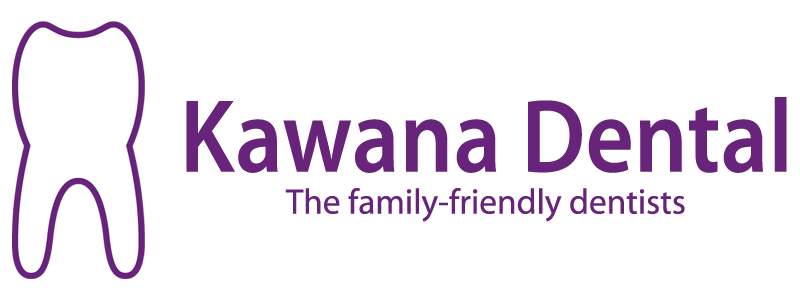08 Apr How much do dental implants cost?
Dental implants are one of the best solutions for replacing a missing tooth or teeth. In addition to tooth replacement, they also minimise the effects and impact that missing teeth can have on your oral health and quality of life.
The general perception is that dental implants are expensive and while the cost per tooth may seem high, dental implants are a long-lasting durable solution for missing teeth.
What is the price range of a dental implant?
The cost of a single dental implant generally ranges between $4500 and $6000. At Kawana Dental we use only genuine, quality componentry and brands to ensure that your tooth will last and look great for a long time. We work with local Australian ceramists (located in Buderim) to ensure each replacement tooth is individually constructed to the highest standard, and no work is outsourced to China which is often the case.
As part of your initial consultation, we will look at the work that needs to be done and give you an accurate estimate of what the costs will be.
Variables that will affect the price include:
- If the tooth requires extraction or is already missing
- If you need a grafting procedure or sinus lift
- How many teeth need to be replaced
Why should I replace a missing tooth?
The obvious answer is that having a missing tooth might either make it difficult to eat the foods you enjoy, or you don’t like how it looks. An implant can restore the function of a natural tooth to both chew effectively and look great, without needing to touch the teeth either side of the space (like a dental bridge).
Besides losing chewing ability, missing teeth can also cause:
Bone resorption
Teeth naturally stimulate the jawbone; if they are missing the jawbone will begin to shrink away or “resorb”, which can make future implant or denture placement more difficult.
Bite malalignment
When a tooth is lost, the neighbouring teeth can begin to shift and tilt towards the gap. Upper teeth, particularly top molars, can erupt further out of the gum. This causes both crookedness and occlusion malalignment (malalignment between the chewing surfaces of your teeth). Essentially, a “link in the chain” is removed. The result of this is a reduced ability to chew food effectively and a corresponding increase in the risk of developing gum diseases as teeth become more difficult to clean.



